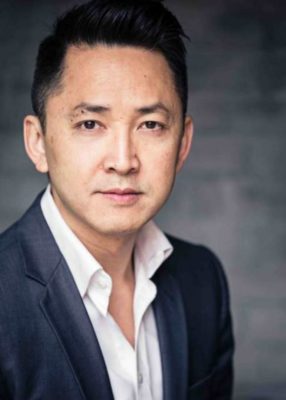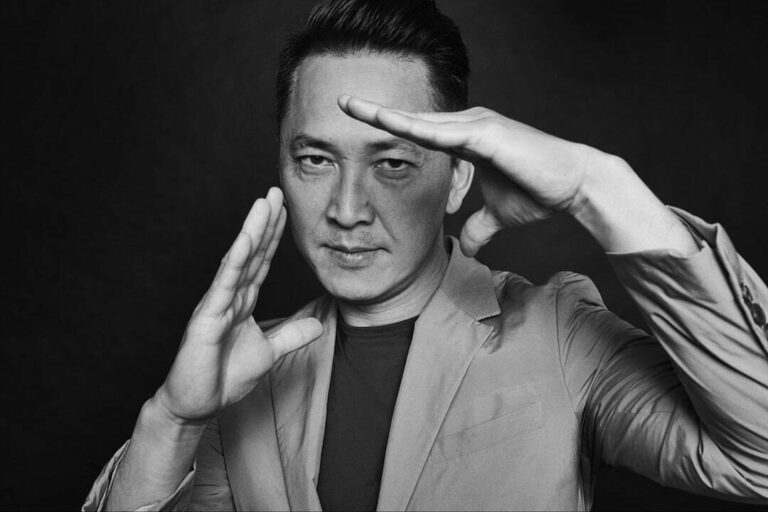Rege Behe, ahead of Viet Thanh Nguyen’s appearance at Carnegie Music Hall on April 9, discusses the author’s experiences as a refugee for The Tribune-Review.

Viet Thanh Nguyen earned a Pulitzer Prize for “The Sympathizers,” his debut novel. His second book “The Refugees,” a collection of short stories, also was critically acclaimed.
These books not only reflect his experiences as a refugee from Vietnam — he came to the U.S. in 1975 when he was 4 — but are also works of the imagination. As editor of “The Displaced: Refugee Writers on Refugee Lives” Nguyen wrote in the introduction, “I do not remember many things, and for those things I do not remember I am grateful, because the things I do remember hurt me enough.”
“There’s no doubt that part of what I had to do as a writer was not just imaging events, but remembering things in my own life that I would much rather forget, or had forgotten, in order to evoke feelings in myself that I could use in my work,” says Nguyen, who appears April 9 at Carnegie Music Hall in Oakland as a guest of Pittsburgh Arts & Lecture Ten Evenings series.
When Nguyen arrived in the U.S., his family was sent to a camp at Fort Indiantown Gap in Central Pennsylvania before moving to Harrisburg. He lived there until 1978, when his parents moved to San Jose, Calif., long before it became one of the centers of Silicon Valley.
The short stories in “The Refugees,” are set across that time and space. While being a refugee is a unique experience, Nguyen believes the stories are not inaccessible.
“I have to believe that the people who are not refugees can read the experiences of refugees,” he says, “and find it within themselves to imagine how they would feel if they were to lose their homes and were forced to flee, or be separated from their loved ones. Those human emotions, I think, are definitely universal no matter what circumstances have happened to you.”
Most of Nguyen’s stories are culled from his imagination or observations. But “War Years,” a story about a young boy whose parents (grocery store owners) are asked to make donations to men fighting the Communists in Vietnam, is autobiographical.
“It was a very difficult experience to write,” Nguyen says, “because while it was mostly about my own family and me, I didn’t want to write about me. … There were two things: Having to go into a period of my life that was quite painful, and the other was acknowledging that what had happened to my family, which seemed very pedestrian, could actually be significant. That is the challenge, I think, that most writers face – not simply to elicit great drama from events that are obviously historically significant, but to evoke great drama from events that don’t seem to be historically events.”
“The Refugees” is particularly timely in that its stories reflect current ongoing struggles in refugee and immigrant communities. Nguyen is cognizant that some of the same prejudices and biases his family experienced 40 years ago are now being felt by other groups.
But Nguyen points out this isn’t unique to America.
“You see these tensions being played out in many other countries,” he says, noting that there’s a paradox between cultural affinities for hospitality and xenophobia. “We’re living in a time when the United States is undergoing a lot of disruption and inequality and poverty and suffering due to various complicated factors. It’s easier to say it’s all because of this particular group of people, refugees or immigrants or foreigners. It easier to blame them because they’re outsiders,
“We have to find hope in the tradition of hospitality and love, which again is not only American. It’s found everywhere and we have to cultivate that, fight for that, defend that.”
Nguyen will speak at 7:30 p.m., April 9, at Carnegie Music Hall in Oakland. Sold out. Details: 412-622-8866, pittsburghlectures.org.


